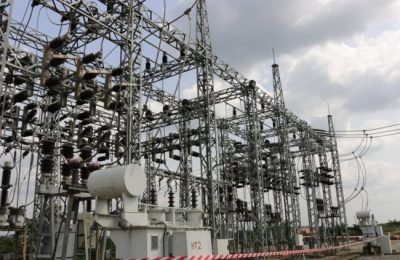
Intimate partner violence (IPV) is very common with the World Health Organisation (WHO) estimating that one in every three women would have experienced violent assault at some point in their lifetime. Relationships may initially start on a loving note and then turn ugly over time; it may have been apparent from the very early days of the relationship. What are the mental health consequences and what can we all do to prevent and stop it?

Mental health consequences for the survivor
Depression is the commonest emotional consequence, resulting in pervasive feelings of sadness, loss of interest in previously enjoyable activities and feeling tired all of the time. It may also be accompanied by loss of appetite, disrupted sleep patterns, weepy episodes and feelings of worthlessness. In some instances, suicide begins to look like a viable option out of their misery. This emphasizes why we should all stand up to be counted in providing support, and encouragement to help any survivors we know.
Other emotional problems include anxiety and frequent worry. Thus, some of them become quite jumpy and nervous especially in the presence of the abusive spouse. Their self-esteem takes a big hit and they may become very demoralised and consider themselves as failures. This is often worsened by psychological torture and verbal taunts such as, ‘you can never cope without me’; ‘you know you are a bad mother and you don’t even know how to care for the children or look after the house’.
For the survivors who eventually escape such abusive relationships, they are also at risk of developing post-traumatic stress disorder (PTSD), that is characterised by nightmares, flashbacks, and active avoidance of any recollection/reminders of the terrible experiences they went through. They may also become very sensitive and easily startled by loud noises. But even more regrettably, some carry the scars for a very long time and it colours their future perceptions and relationships – especially if they do not receive any professional therapy to help them work through their emotions.
Loneliness, feelings of betrayal, lack of trust in human beings and becoming very harsh, cynical, or socially cold and withdrawn can also ensue. Some women turn to drugs and alcohol to seek solace, but this only compounds the problem. Anger is common, and can sometimes be directed against self: ‘how could I have been this stupid?’, ‘I should have known better, and seen the handwriting on the wall’ and so on. Sometimes, pent-up anger can result in violence and aggression directed against the abuser.
Emotional consequences for children in homes with IPV
Children from such homes may grow up with the wrong perception that it is an acceptable means of resolving conflict and having your way. Thus, the sons grow up to become perpetrators of IPV while the daughters grow up to accept it as a norm, especially because they grew up seeing their mother living with it. However, other children may also grow up with resentment and pent-up anger at what they have witnessed their mothers going through and become determined never to engage or tolerate such behaviour when they become adults. Unfortunately, the former is more common, resulting in generational perpetration of IPV.
Such children are at risk for stunted development, emotional and behavioural problems – including deviant behaviours, poor academic performance and school achievement, high drop-out rates and being involved in psychoactive substance use.
So, what should we do?
If you or anyone you know have experienced IPV, seek counseling and therapy from mental health professionals (psychiatrists and clinical psychologists).
If you are experiencing IPV in a relationship, end it today. If mediation is going to work, ensure the abuser goes for therapy and is given a report before you consider going back. The truth is, if it happens once, more often than not, it will become a repetitive habit
Train your children properly: Male children should not be pampered and allowed to play while your girls are cleaning the house and helping in the kitchen. You are raising entitled future men who will expect women to wait on them, while they reign as lord and master.
Religious leaders have a role to play, to identify when to counsel patience and when to draw the line. While not encouraging marriages to break down, if it is clear that one partner is not committed and the life and safety of the other partner is at risk, then please do not hesitate to encourage a separation. Otherwise, you may be called to officiate at the funeral.
Families and the community should stop the shame and stigma attached to being divorced or unmarried. If it is not working and it is threatening your sanity, your health and indeed, your life, then what is the point?
As friends, neighbours, colleagues, family members, we should all have zero tolerance for anyone in our circle who perpetrates IPV. There is never an acceptable excuse for it.
Read Also: FEC approves €443.3m, $141m credit facilities for fighter jets, ammunition







